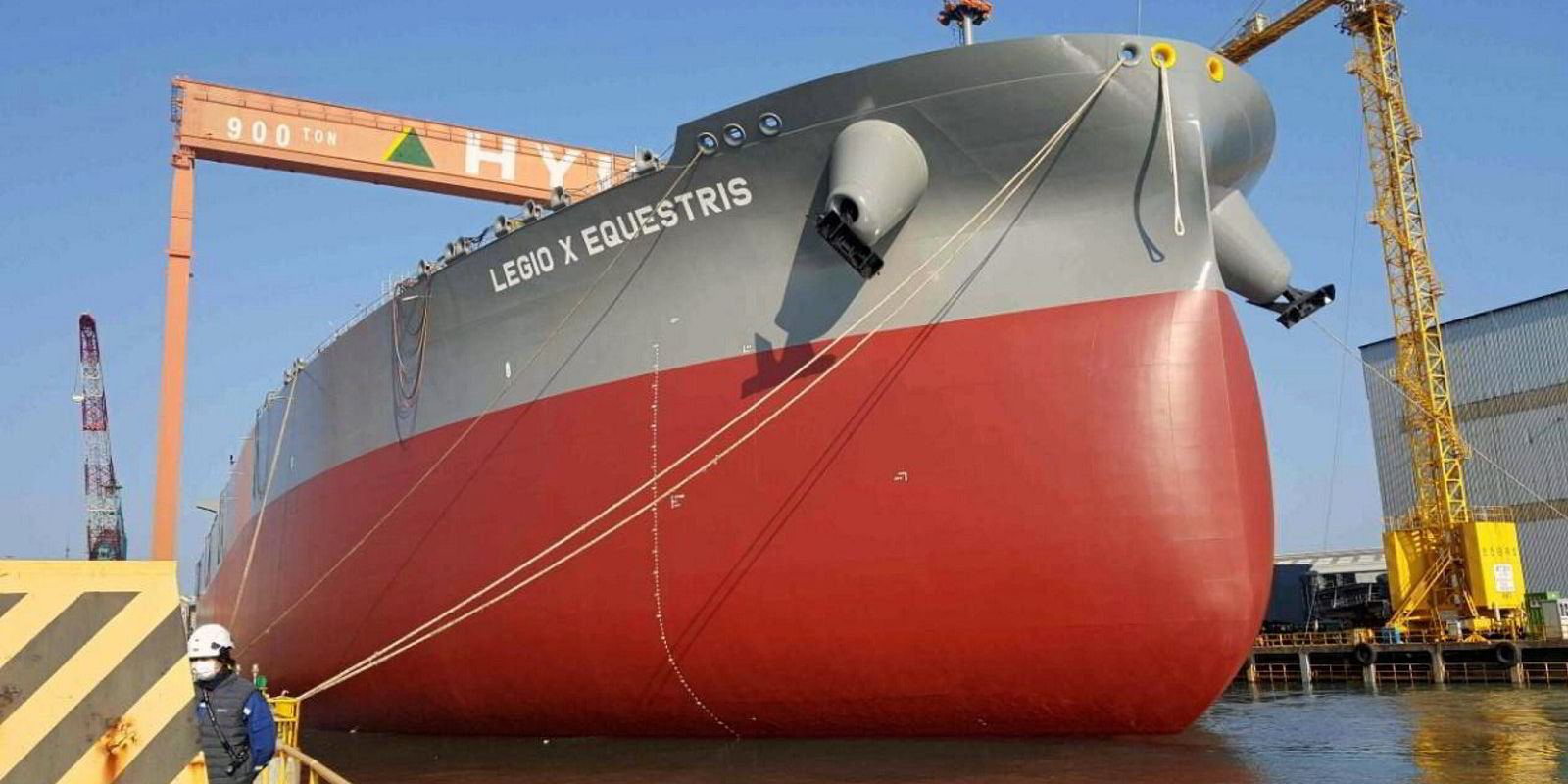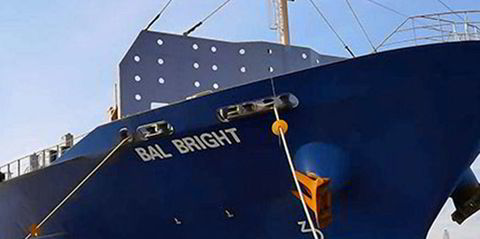VLCC newbuilding orders are set to “take off” this year in a move that will see the orderbook more than double, according to Poten & Partners.
“For several years now, the VLCC orderbook has been the lowest of all major tanker segments and near historical lows in terms of percentage of the existing fleet,” the US broker said.
The VLCC orderbook at the beginning of the year stood at 23 vessels or 2.6% of the trading fleet compared with 9.9% for suezmaxes and 12.7% for aframaxes/LR2s.
Poten said there are several reasons for this including a collapse in VLCC earnings after the initial pandemic/floating storage spike of 2020 followed by a dismal year in 2021.
In addition, unlike suezmaxes and aframaxes, VLCCs did not get a major boost from the trade flow dislocations following Russia’s invasion of Ukraine in 2022.
Poten said the Red Sea crisis also has had less impact on VLCCs than on the smaller tankers so far. However, the shipbroker thinks the situation will change this year.
“VLCCs continue to be the most economical tanker to move crude oil over long distances and rates made a strong recovery in 2023,” the broker said.
In addition, fewer container ship and LNG carrier orders have opened up yard slots, albeit mostly in 2027 and beyond.
But more importantly, Poten says, major VLCC owners are looking at the extremely low orderbook and have decided that the oil market needs “more than a handful of VLCC deliveries every year”.
“And once a few high-profile owners take the plunge, we expect that more will follow,” the broker said.
Poten is also predicting that tanker scrapping will pick up in 2024 as some vessels of the “dark fleet” will start to be phased out.
The shipbroker said demolition was at its lowest level in “at least 20 years” in 2023, with only 14 tankers of over 10,000-dwt scrapped last year, down from 57 in 2022 and 95 in 2021.
“The tanker fleet is not young, in fact, it has been getting older. Since 2019, the average age of the tanker fleet has increased by four years to 13.1 [years] currently,” it said.
“With the limited deliveries scheduled over the next two years, the fleet will likely get even older,” Poten said.
The shipbroker says the main reason for the dearth in recycling is the premium valuations of older vessels making it much more profitable for owners to sell vessels for further trading — mainly into the dark fleet — than to recycle them.
However, Poten forecasts that at least 50 tankers will be recycled in 2024.
“European Union scrutiny on secondhand sales as part of a new set of sanctions on Russia could make owners more reluctant to sell ships to unknown buyers,” the broker said.
“However, more importantly, we think the dark fleet has reached a level where it is big enough to service the sanctioned trades.
“Furthermore, sanctions relief for Venezuela has reduced demand for these vessels and increased scrutiny of regulators will limit the trading options of these vessels,” it added.






